Why Flights Are Slower Than They Used to Be
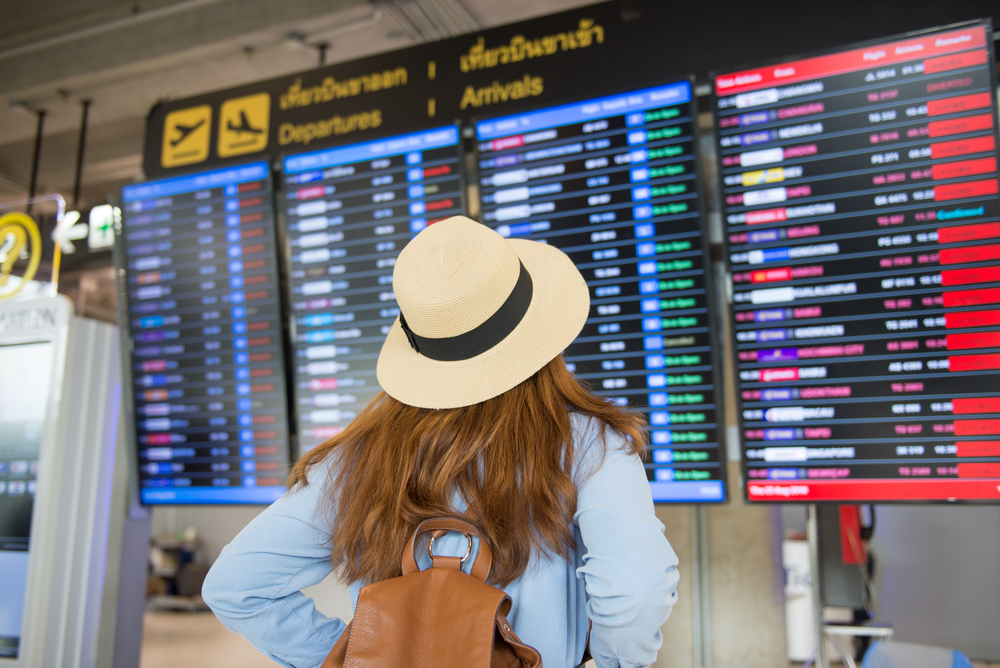
Plane travel is definitely more of a hassle than it used to be, with long lines at security and inedible meals. But have you noticed that it also takes you longer to get to your destination once you’ve boarded your flight? The New York Post reports that flights are actually longer than they were twenty years ago.
In the 1970s, a flight from New York City to Houston took two hours and 37 minutes but is currently three hours and 50 minutes. And flying a short distance like London to Edinburgh used to take an hour and 25 minutes, but now takes ten minutes longer. Flying within Continental Europe, Madrid to Barcelona was once under an hour but now takes a full twenty minutes a longer.
The reason? A study from MIT School of Engineering shows that planes used to travel at higher speeds. But now they are slower. And the reason for the slowdown is money.
As airlines try to be more fuel efficient in the face of rising oil prices, pilots flying slower helps save money because faster speeds burn more fuel.
Having more fuel efficient planes is one reason that airlines like Norwegian are able to charge less than other carriers. They can charge $200 for flights from the US to Europe because their fuel costs are lower.

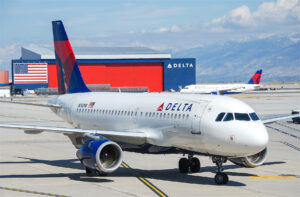
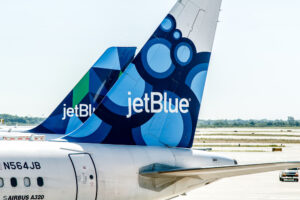
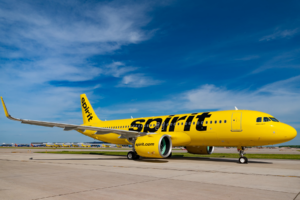















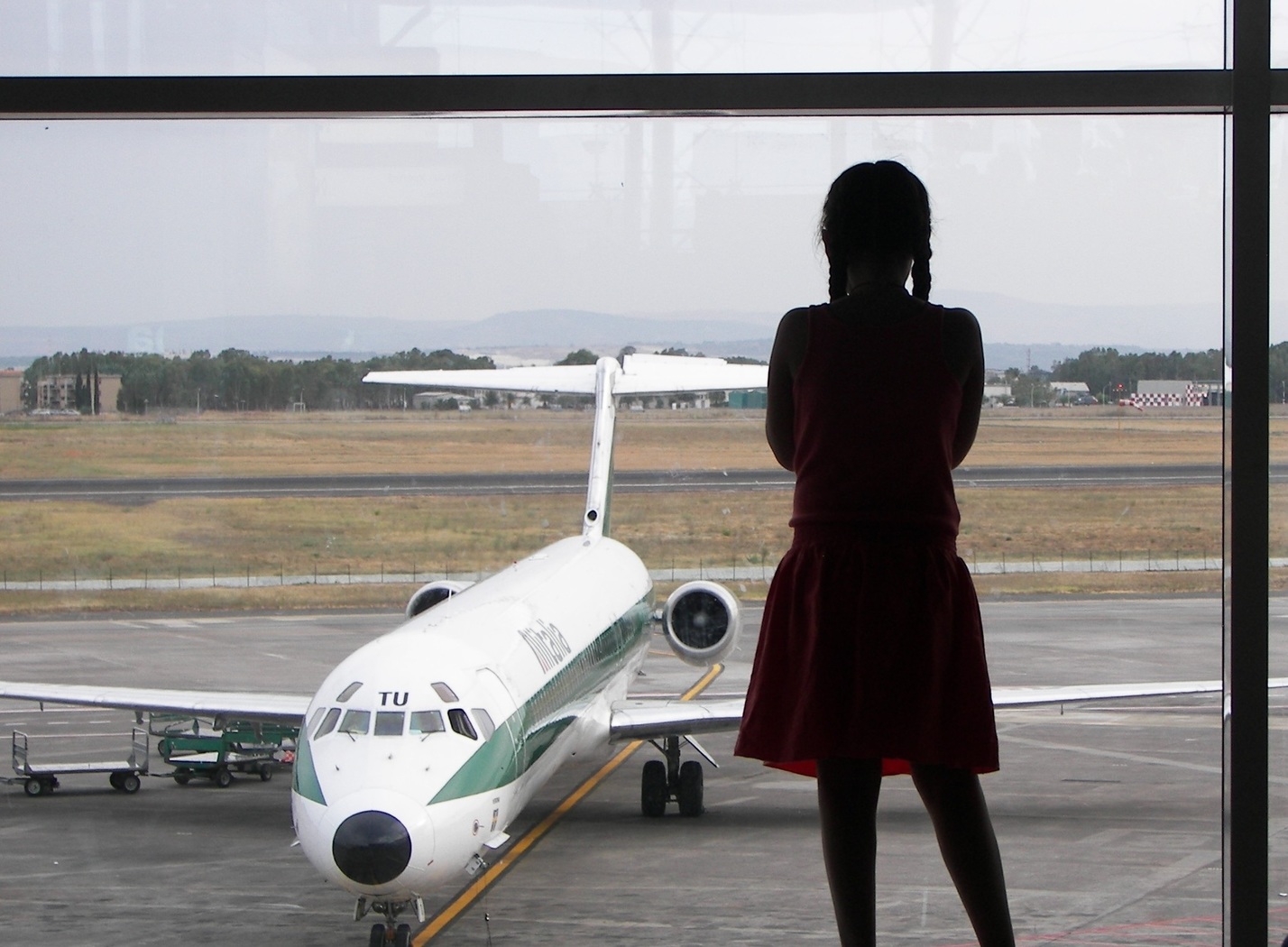
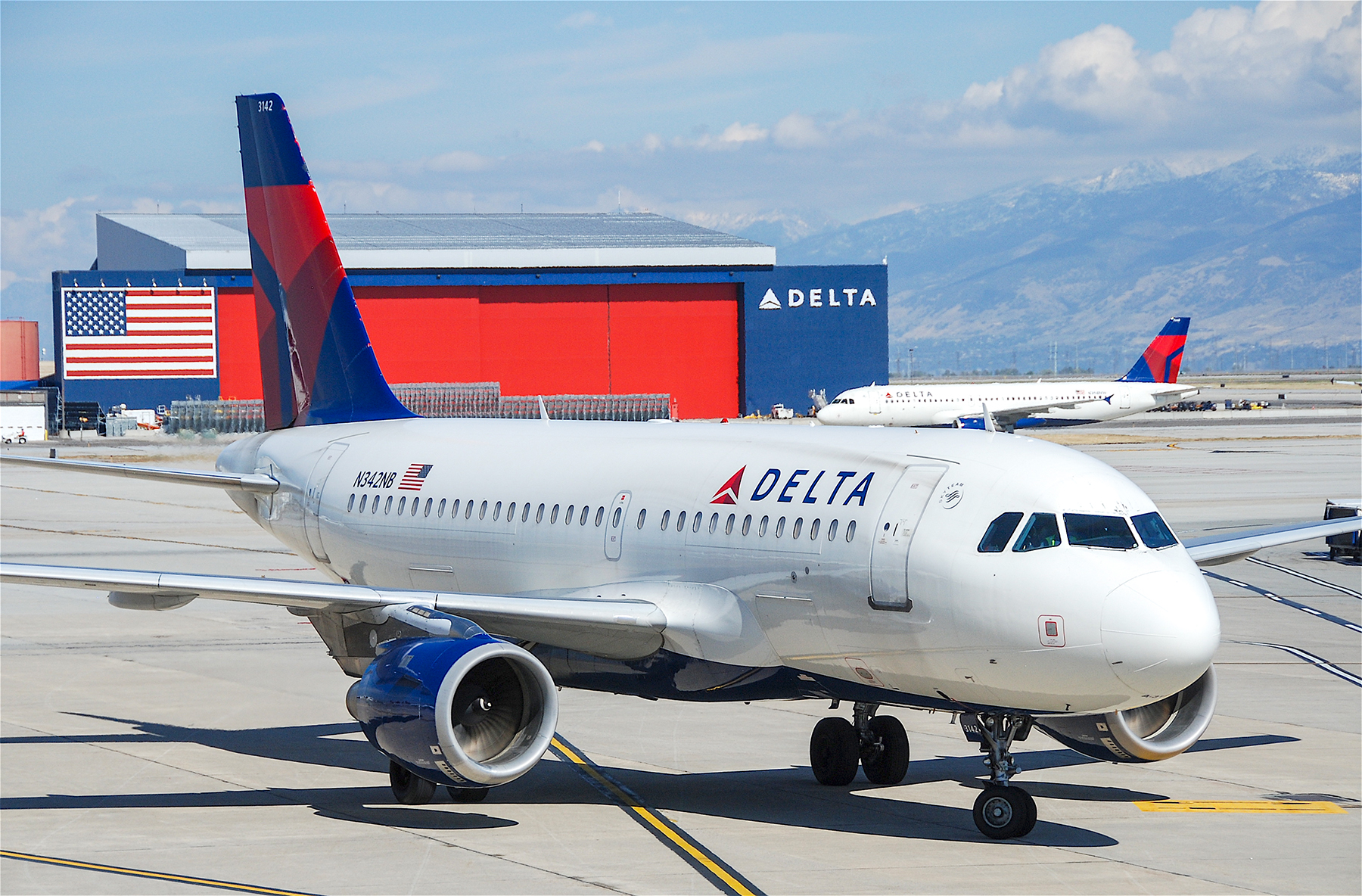


Like formeraa, I also choked on the idea that Norwegian can charge $200 for a TATL flight due to efficient planes. Those efficient planes cost a lot of $$$, it takes a crew to fly them, and the difference in efficiency isn't anything like an order of magnitude. It's a bit shocking how fact checking has gone out the window.
The last point omits the fact that Norwegian Air is reportedly losing lots of money. Slower flights are also due to increased congestion in the skies and the fact that ontime statistics must now be reported to the government. Before the government required these numbers, the flight times were often artificially low to get better placement in the reservations systems (important when travel agents made the vast majority of bookings).